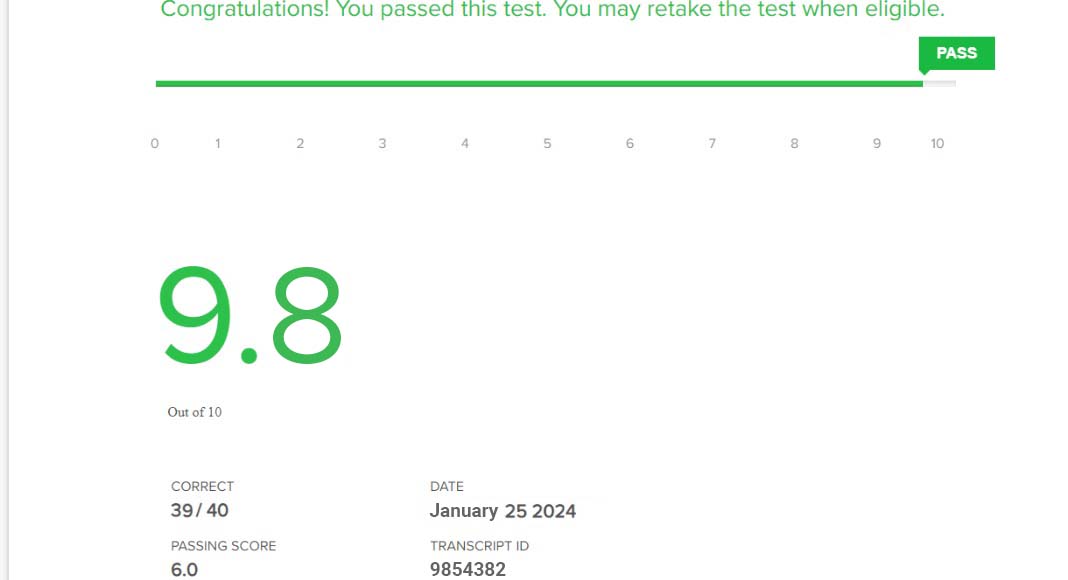Are you planning to leave the comforts of home and venturing into the unknown? Attending school overseas will do just that. Schooling abroad broadens an individual’s horizons, immerses them in new cultures, and shapes their future in ways they could never imagine. But amidst the excitement and anticipation, one aspect often gets overlooked: managing your cash. Yes, we’re talking about the cold, hard reality of money. But worry not; we’ll share the essential knowledge and tips for conquering financial challenges experienced when schooling abroad. Let’s dive in.
Master Budgeting Skills
When managing your cash while studying abroad, the first step is to get your banking matters in order. But banking matters don’t mean diving into complicated spreadsheets or fancy financial jargon. No, budgeting is all about being smart with your money and ensuring you don’t run out of it before the semester ends.
Prepare a list of crucial expenses you’ll incur while away. Consider tuition fees, accommodation, meals, transportation, books, and leisure activities. Then, research the cost of living in your host country to better understand what to expect.
Once you have your list, allocate specific amounts to each category. Keep it real, and be honest with yourself. Decide what’s essential and what’s more extravagant. Remember, your focus is studying and embracing a new culture, so prioritize your educational needs and experiences.
Embrace the Art of Saving
Being a student can be tough on the wallet, but when you embrace a habit of saving, you can stretch your funds and make the most of your student life without breaking the bank.
First things first, let’s talk about student discounts. Many places, whether museums, theaters, restaurants, or even public transportation, offer sweet deals for students. So, whip out your student ID and take advantage of those money-saving opportunities. Trust me; your wallet will thank you.
Eating out every day might sound tempting, but it can take a toll on your budget faster than you can say “hungry student.” So, why not embrace the joy of cooking? Not only is it a great way to save money, but it can also be a fun and delicious adventure. Hit the local markets, explore exotic ingredients, and whip up your culinary masterpieces. Plus, you’ll impress your friends with your newfound cooking skills. And it’s not all about cutting food costs. You can save even when you buy an essay by purchasing from services that offer pocket-friendly rates.
Use the Right Bank Account
The banking world might seem like a maze of numbers and complicated terms but do not worry. Finding the proper bank account for your study abroad journey is easier than you think. So, let’s look at this banking expedition.
First, research is your trusty compass. Take some time to explore the banking landscape of your host country. Look for banks that cater to international students and offer services in English or your preferred language. Check out their websites or give them a call to gather information about the types of accounts they offer, fees, and transaction limits. It’s like mapping out your financial path.
Transaction fees are the sneaky culprits that can slowly devour your hard-earned cash. Look for accounts that offer low or, better yet, no transaction fees for international ATM withdrawals and currency conversions. Trust me, those fees can add up over time, and you don’t want your money disappearing into the banking abyss.
Another vital factor to consider is the bank’s network of ATMs and branches. You want to avoid desperately searching for a compatible ATM in a remote corner of your host country. Ensure the bank you choose has a wide network of ATMs and branches, especially in the areas you’ll frequent. Convenience is key when it comes to accessing your funds.
Additionally, ensure that your selected bank has robust security measures to protect your funds. Research their reputation, read reviews, and check for good customer support. You want a bank with your back in case of any issues or emergencies.
Finally, notify your home bank of your travel plans before starting your study abroad adventure. Why? Some banks might get overprotective and freeze your card if they see sudden international transactions. Avoid the headache by giving them a heads-up.
Conclusion
Now that you have learned the ropes of managing your cash while attending school overseas, you’ll be well-equipped to navigate the financial challenges that come your way. Remember, a little financial wisdom goes a long way in ensuring you have an unforgettable, worry-free experience in your host country.












































